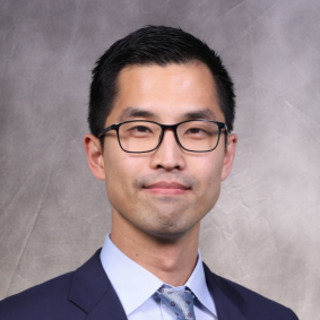
My former associate dean of curriculum, Dr. Stanley Goldfarb, recently shared his deep concerns about the negative influence an increasingly progressive (and therefore, diluted) curriculum will have on producing “competent” physicians. Numerous sharp retorts from his colleagues and former students have since argued the contrary view that understanding the social drivers of health is not tangential, but rather fundamental to healing society.
However, this debate over whether social issues belong in the medical school curriculum misses the point. Why? Because I don’t think today’s educators and students have been given a real choice. Dr. Goldfarb writes, “If this country needs more gun control and climate change activists, medical schools are not the right place to produce them.” On the surface, I agree with him. In an ideal world, medical schools would not have to spend curriculum time covering the detrimental public health effects of climate change and gun violence. Students want to devote as much time and attention as possible to learning the art and science of medicine. Our priorities in studying essential medical knowledge have not shifted, and the pressure we place on ourselves to become competent physicians by the time we graduate is already quite heavy. Most physicians would prefer to practice in a simple society that only needs medical prescriptions — but this is not our reality.
The current social and political landscape renders it virtually impossible for physicians to “stay in our lane” and adhere to a curriculum that is isolated from real-world issues. Social issues are affecting health care today; it’s no longer something we can passively ignore. We must proactively understand and address these issues to provide the best care for our patients.
Every day, there's news on rolling back environmental regulations that have serious health implications for our communities. We encounter patients who cannot afford basic medical care because they lack proper coverage. Victims of gun violence continue to enter trauma bays across the country. For far too long these issues have been neglected by the medical community for being outside of the scope of practice — but how can we expect students to focus on listening to patients’ heart and lung sounds when there is so much social complexity creating noise?
Instead of chastising young health care professionals for failing to steer clear of issues seemingly outside of our studies, it would be more productive for those in positions of influence to address social determinants of health in their own practice. It is the responsibility of leaders to manage these issues so younger generations can focus our time and attention on honing our craft. As is, we cannot trust that the future of society is heading in the right direction. We are having to choose between advocating for social issues and studying medicine. To borrow the words of one admirable 16-year-old, we should be back in school.
Jason Han, MD, is a resident in cardiothoracic surgery in the Perelman School of Medicine at the University of Pennsylvania. The opinions expressed in this article do not represent those of the University of Pennsylvania Health System or the Perelman School of Medicine.







